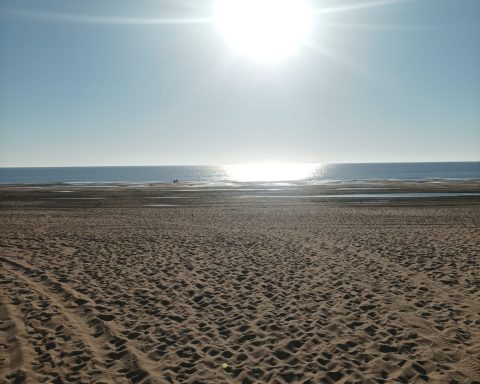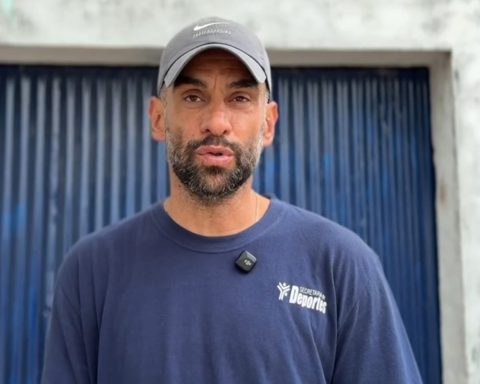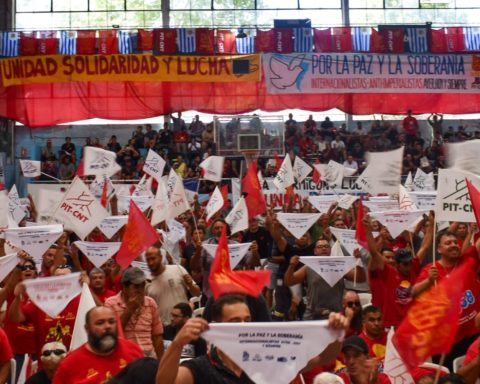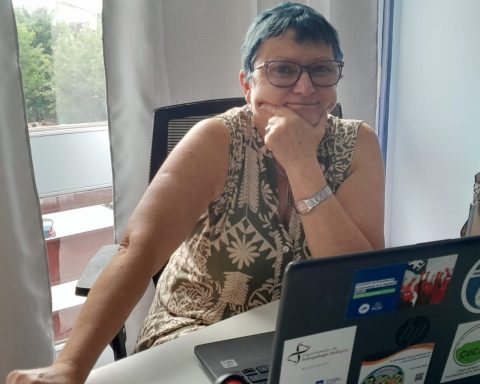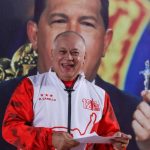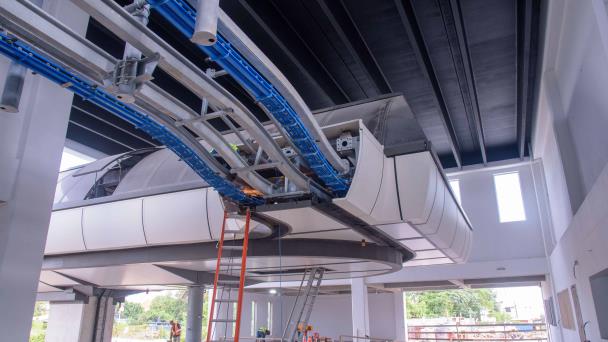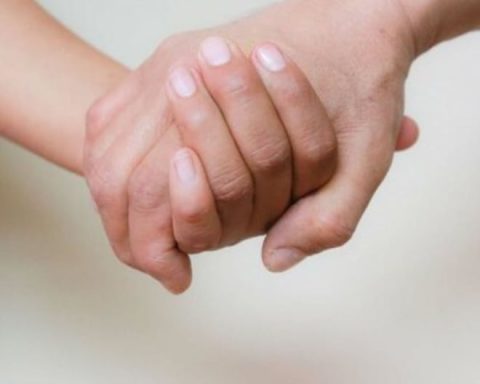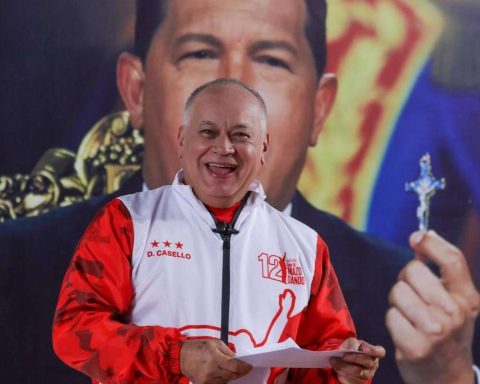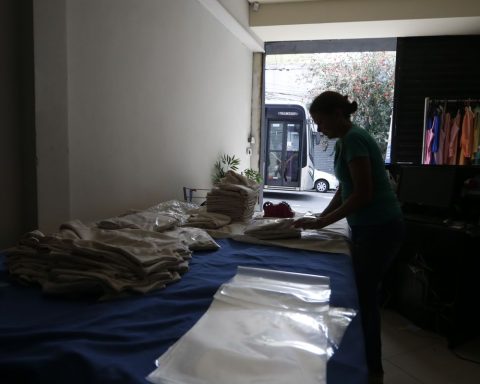The third panel on Innovation and New Businesses —the last summit organized by El Observador—, brought together representatives of four companies that work under a triple impact business model. The objective was to answer the following question: Can we think of an economy based on creating integral value for the world?
In recent times there has been a great evolution in the development of companies with a focus on triple impact, according to the co-founder of Sistema B in Uruguay, Giselle Della Mea. The reason is found in the closeness that was established between sustainability and innovation. “When the two aspects began to come together, some productive sectors incorporated the triple impact in the value proposition,” said the also creator of the company B 3Vectores.
An example is the Itaú bank. The manager of Sustainability, Marketing and Corporate Communication and executive director of Fundación Itaú —speaker on panel number three— Lucía Cabanas, maintained that the financial institution incorporated a sustainability area seven years ago, but it was not until recently that they began with a paradigm shift. Currently, the bank works so that the triple impact is at the center, and the first step they took in this regard was to study its impact on the world through sustainability indicators. They have already made five reports with the aim of continuing to incorporate sustainable strategies.
But in addition to companies that are in a process of transformation to create integral value in the world, there are those that emerged with that purpose.
This is the case of Sebastián Figuerón who in 2002 founded a company —currently certified as a B company—, specialized in harvesting green leaves in water: Verdeagua hidroponia.
“It is an example of early sustainable development,” said the moderator of the conversation, Carina Novarese. It started as a small enterprise, but over the years the business grew, and currently the company produces 500 tons of food in Uruguay. According to Figuerón, there is a reality in the Uruguayan market that encouraged this consolidation: “Before, the consumer appreciated triple-impact production. Now, the demand,” she explained.
Another example is Oxychain, which was also created as a company focused on sustainability, but linked to technology. René Labarthe founded it in 2020, after recently wanting to study the digital carbon footprint: “I saw that there were the usual problems —transparency, traceability, etc.—, and it has to do with the fact that the unit of measurement is the ton,” he said. “All that action that is below the ton is out of accounting,” he explained at the summit.
So, supported by web 3.0 technology, he developed —together with the Oxychain team— an application programming interface for measuring small digital actions. These showed, for example, that the fact that there is a large amount of content available so that a user can access it whenever they want means constantly consuming energy.
The value of the company is its proposal for clients, which is a three-stage process to reduce the digital carbon footprint: measurement, compensation and regeneration in the ecosystem.
After having listened to the representatives of the different companies, Della Mea closed the panel by assuring: “I hope that all the companies are B.” He concluded by assuring that it is essential to move towards an energy decline, because the world is not going to be able to cope with current levels, even if it is through renewable energy.

